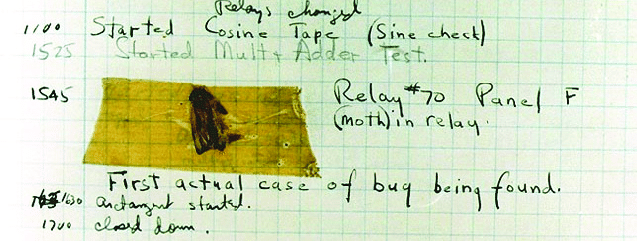this post was submitted on 02 Oct 2023
47 points (92.7% liked)
Linux
48397 readers
719 users here now
From Wikipedia, the free encyclopedia
Linux is a family of open source Unix-like operating systems based on the Linux kernel, an operating system kernel first released on September 17, 1991 by Linus Torvalds. Linux is typically packaged in a Linux distribution (or distro for short).
Distributions include the Linux kernel and supporting system software and libraries, many of which are provided by the GNU Project. Many Linux distributions use the word "Linux" in their name, but the Free Software Foundation uses the name GNU/Linux to emphasize the importance of GNU software, causing some controversy.
Rules
- Posts must be relevant to operating systems running the Linux kernel. GNU/Linux or otherwise.
- No misinformation
- No NSFW content
- No hate speech, bigotry, etc
Related Communities
Community icon by Alpár-Etele Méder, licensed under CC BY 3.0
founded 5 years ago
MODERATORS
you are viewing a single comment's thread
view the rest of the comments
view the rest of the comments

Forgejo/Gitea are probably the most common "low-resource" (read: doesn't use a couple of GB RAM, like Gitlab supposedly does) code forges.
Do you want to impress future employers by running an enterprise-grade bugtracker or by showing that you can document your work with meaningful bug reports/etc.?
If it's the first option, consider Gitlab, if it's the second option, what ever you like.
Cool, will have a look at those, thanks! More looking to impress with my knowledge of using a variety of bugtrackers; have got plenty of evidence to show that there's a couple I know how to use.
Then use Bugzilla. That will show you are ready to flail yourself for the good of the company /s
Sorry, but i find that platform so painful to use.
On a more serious note, i think some of the "github-style" (Gitlab/Gitea/Forgejo) can migrate between each other.
Check out if that's true and if so, try them all!